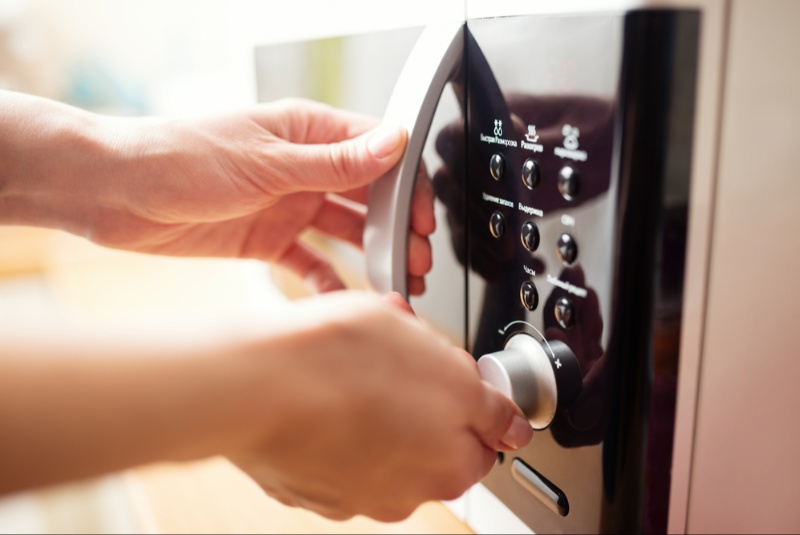Choosing the right cookware set for your kitchen is crucial for enhancing your cooking experience, ensuring durability, and maintaining food quality. With a myriad of materials, brands, and styles available in the market, making an informed decision can seem daunting. This comprehensive guide aims to simplify the process by highlighting key factors to consider, such as material, heat conductivity, durability, maintenance, and compatibility with your cooking habits. Whether you're a seasoned chef or a beginner in the culinary world, understanding these aspects will help you select a cookware set that not only meets your cooking needs but also complements your kitchen's aesthetic.
Assessing Cookware Materials
The material of your cookware significantly influences its performance, durability, and ease of maintenance. Common materials include stainless steel, non-stick, cast iron, and copper. Stainless steel is renowned for its durability and resistance to rust and corrosion, making it a versatile choice for various cooking methods. Non-stick pans are ideal for low-fat cooking and easy food release, although they may require more delicate care to maintain the coating. Cast iron offers excellent heat retention and adds a unique flavor to dishes but can be heavy and requires seasoning to maintain its non-stick properties. Copper cookware provides superior heat conductivity for precise temperature control but can be expensive and requires regular polishing to maintain its appearance.
Understanding Heat Conductivity and Distribution
Heat conductivity and even heat distribution are critical for cooking food evenly and achieving desired culinary results. Materials like copper and aluminum are excellent heat conductors, allowing for quick and uniform heating. Stainless steel, while durable, does not conduct heat as well and often features an aluminum or copper core or bottom to improve heat distribution. Consider your cooking style and the types of dishes you frequently prepare when selecting cookware, as the right material can significantly affect the cooking process and the quality of your meals.
Considering Durability and Longevity
Investing in a cookware set is a significant decision, and opting for durable materials can ensure your set withstands the test of time. Stainless steel and cast iron are known for their longevity, often lasting for decades with proper care. Non-stick coatings, while convenient, may wear out over time and require replacement more frequently. Additionally, the construction of the cookware, including the handles, lids, and the thickness of the material, plays a crucial role in its durability. Opt for cookware with solid construction and reinforced areas prone to wear and tear to maximize your investment.

Maintenance and Care Requirements
Each material comes with specific maintenance and care requirements that can affect your daily routine. Stainless steel and non-stick cookware are generally dishwasher safe and easy to clean, although non-stick surfaces benefit from hand washing to preserve the coating. Cast iron requires seasoning and should not be washed with soap or put in the dishwasher to maintain its non-stick properties. Copper cookware requires regular polishing to prevent tarnishing. Consider your willingness to perform these maintenance tasks when choosing a cookware set, as proper care is essential for extending the life of your cookware.
Compatibility with Your Cooking Methods
Different cooking methods require different types of cookware. If you enjoy searing meats, a stainless steel skillet can provide the high heat necessary for a perfect sear. For slow-cooked dishes and stews, a cast iron Dutch oven offers excellent heat retention. Non-stick pans are ideal for delicate foods like eggs and pancakes that benefit from a surface that prevents sticking. Additionally, consider the compatibility of the cookware with your stovetop (gas, electric, induction) and whether the pieces are oven-safe if you frequently finish dishes in the oven.
Evaluating Set Composition and Essential Pieces
When choosing a cookware set, evaluating the composition and determining which pieces are essential for your kitchen is crucial. A basic set might include a couple of frying pans, a saucepan, and a stockpot, which can cover most cooking needs. However, specialized tasks may require specific pieces like a sauté pan, Dutch oven, or a steamer insert. Reflect on the dishes you frequently prepare and select a set that includes the pieces you will use most. Avoid sets with too many unnecessary items, as they can take up valuable kitchen space. Opting for a cookware set with versatile and essential pieces ensures you have everything you need for your culinary endeavors without cluttering your cabinets.
Price vs. Quality
While price is an important consideration, it's crucial to balance cost with quality. High-quality cookware made from durable materials can offer better cooking performance and last longer, providing greater value over time. Consider cookware as an investment in your kitchen and culinary experiences. It may be worth spending more upfront for a set that will perform better and last longer. However, there are also quality options available at various price points, so define your budget and look for the best value within that range.
Selecting the right cookware set involves a careful consideration of materials, heat conductivity, durability, maintenance, compatibility with cooking methods, and the balance between price and quality. By understanding these key factors, you can make an informed decision that suits your culinary needs, enhances your cooking experience, and fits seamlessly into your kitchen routine. Remember, the best cookware set for you is one that aligns with your cooking habits, preferences, and lifestyle, ensuring that every meal preparation is a joy and every dish a masterpiece.


